A Different Light – 24 April 2021 – ANZAC a reminder of disability support progress
It’s ANZAC weekend. Another prized long weekend. Last year the ANZAC commemorations were reduced to people standing outside their houses at dawn to pay homage to fallen soldiers in their isolated COVID19 bubbles. This year it will be back to normal with public Dawn Services and Commemoration Services being held up and down the country.
I remember with some embarrassment, when as a rebellious and somewhat belligerent teenager I demanded to know “why should we celebrate war?” It didn’t take me long to realise that ANZAC day was not a celebration but rather a time of collective reflection when we can share a genuine sorrow at the loss of so many lives in war, and a real respect for those who have endured warfare on behalf of the country in which we live.
I respect our fallen soldiers for an additional, personal reason. I want to acknowledge our War Veterans who returned home from battle with permanent, often very disfiguring physical disabilities or mental illnesses such as Post Traumatic Stress, or a combination of the two. As a result of the fortitude and multitude of these wounded men we have seen the progression of disability rights , medical expertise in this field and Government support. The nature of injuries particularly in WWI were often unbearably disfiguring for these young men. Their injuries inspired the rapid advancement of early plastic surgery and prosthetic medical expertise. And while many of the public couldn’t bear the sight of these heroes- Governments could not look away : they were forced to recognise and support those affected by disability.
In USA , following World War I, veteran and former infantry officer Rober Marx played a critical role in establishing the organization Disabled Veterans of the World War (DAV) in 1920. Just hours before the war’s ceasefire, he acquired a severe injury having been wounded by a German artillery shell leaving him with a permanent disability. The DAV worked to raise public awareness about disabled veterans, while pressuring the government to adopt programmes to address their rehabilitation and reintegration into American society. In the 1940s and 1950s, disabled World War II veterans placed increasing pressure on the American government to provide them with rehabilitation and vocational training. World War II veterans made disability issues more visible to a country of thankful citizens who were concerned for the long-term welfare of the young men who sacrificed their well –being to secure the safety of the United States.
In England during the Second World War the treatment of seriously injured, burned and disabled soldiers and civilians centred on returning them to the war effort. Importantly, this meant that disability was no longer seen as an obstacle to employment, at any level. The most famous example of this was the acceptance of Douglas Bader (1910-1982) as an RAF pilot, despite his having lost both legs in a flying accident in 1931.
Back home in Aotearoa, medical rehabilitation for ex-servicemen began after World War I and developed further through the Disabled Servicemen’s League, established after World War II. Services were available to civilians from 1954.
So while we remember those who fought in the war to protect our way of life this weekend, lets also remember the contributions that the universal soldier has made towards disability rights in the past. Let’s hope we don’t have to go to War to progress our rights in the future. And let’s keep turning towards what’s hard to bear, so that we keep progressing.
Jonny Wilkinson is the CEO of Tiaho Trust – Disability A Matter of Perception, a Whangarei based disability advocacy organisation.
